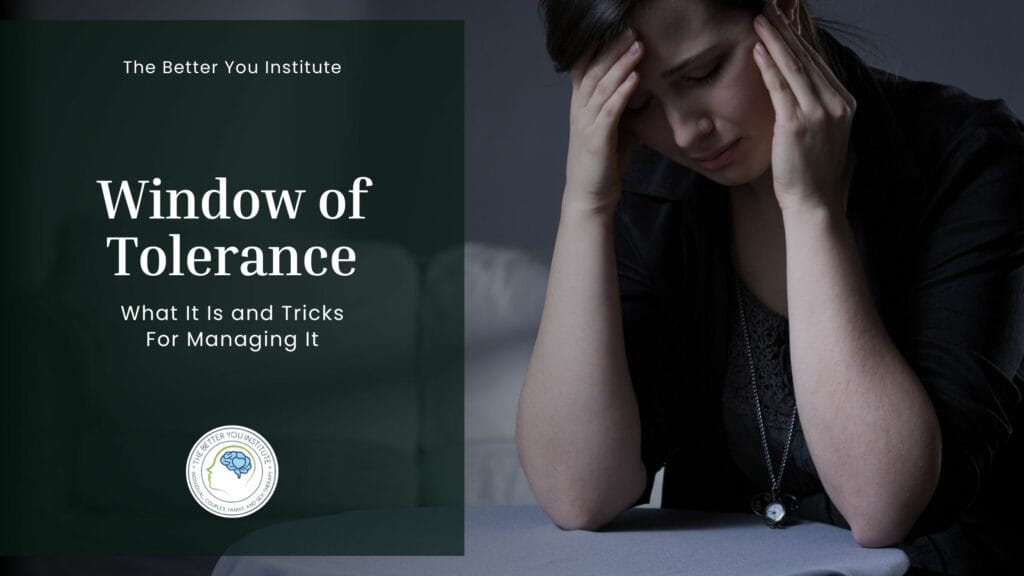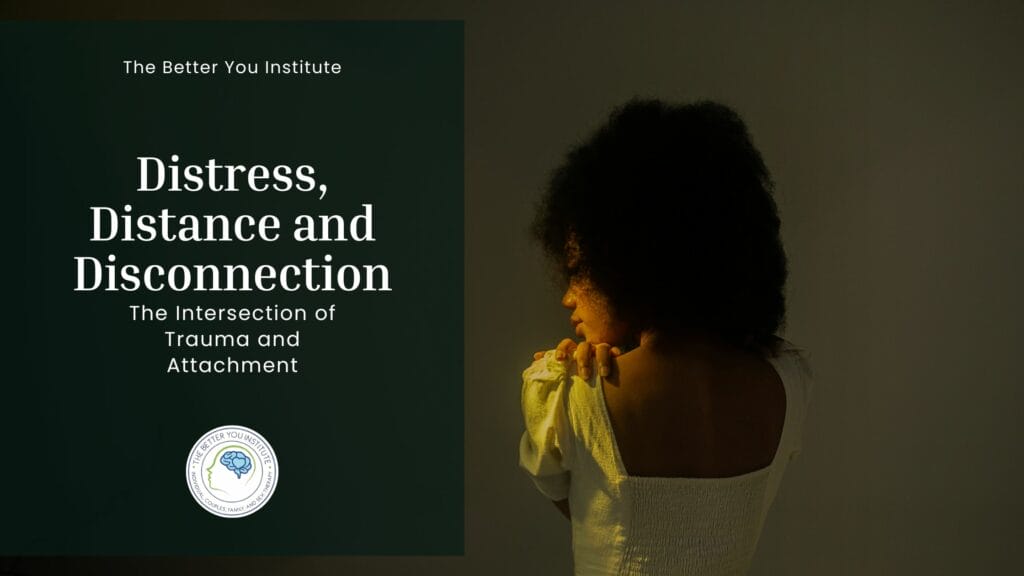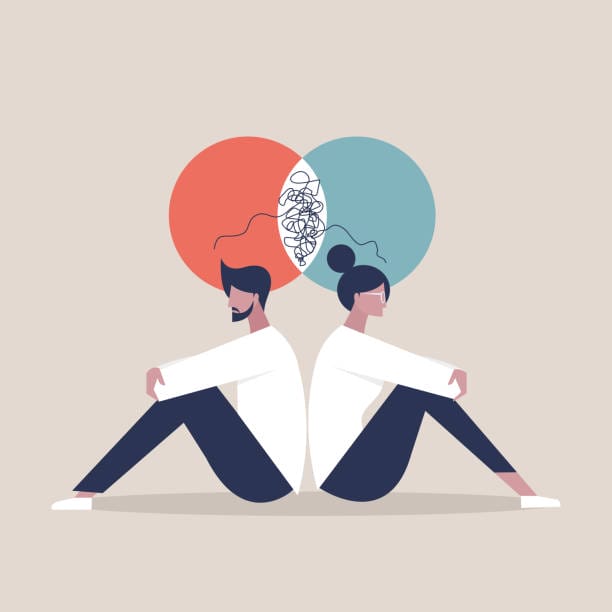If you are childless by choice, I’m sure you hear, “When are you going to have kids?” “Don’t you think it’s selfish not to!” “You feel that way now, but you’ll change your mind.” “Who doesn’t love kids? They’re so cute.” These are just a few of the responses a woman might get when they say they don’t want to have children.
Even though the feminist movement and the perception of women have changed drastically over the last couple of years, it is still rather controversial for a woman to be childless by choice. Whatever the reason, anyone has a right not to want children, but many people disagree with this choice. The expectation of motherhood is potentially misogynistic despite the notion that those who choose to raise children are making a beautiful, empowering decision when it is theirs and theirs alone. The reasons a woman might not want to have children are manifold and all quite valid. So, what does motherhood mean to the modern woman? Well, for some, it may mean staying child-free by choice, and that’s perfectly fine.
History of Mothering
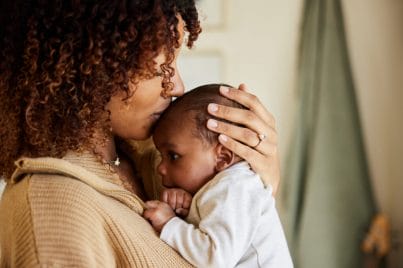
In the past, such as during the “Baby Boom” era from the 40’s through the 60’s, American women didn’t have much of a choice regarding how their familial futures would play out. It was the expectation that women would bear children and hold their identity as a mother close to their hearts. Women had to dedicate their lives to motherhood, staying at home to care for their children and to keep up the home. Moreover, the first oral birth control was not around until the 1960s, which gave women a lot more autonomy and choice. Successive to modern-day birth control, American society did loosen up regarding the rigid standards around bearing children. However, despite 50% of single women and 40% of married women participating in the workforce by 1970, there was still the expectation to marry and have children.
Today, women have significantly more autonomy than in the past. In 2022, about 74.09 million women were employed in the United States, a significant increase from just 30 years prior when it was 54.91 million women. Still, the percentage of women in the US over 40 without children is a mere 1%.
Attitudes of the younger generations toward parenting are marking a significant paradigm shift, as many women who fall under the label of “Millennial” (born between 1982 and 1996) or “Gen Z” (born between 1997 and 2012) are ambiguous or even very much against raising their child. These women who are childless by choice are often criticized by others, being seen as “selfish” or “weird,” but the truth is that women have no obligation to reproduce or mother in any form.
Is the Expectation of Motherhood Misogynistic?

Though there are men who are also childfree by choice, they are often subject to less criticism than women who have the same desires or life trajectory. Perhaps the lack of criticism originates in the misogynistic ideal that women are “made” to be mothers. Some people think that women are naturally more nurturing while men are naturally more aggressive. Thus, women are supposed to raise and care for children, while men, whose aggression serves them in the rat race, are supposed to earn money and be more successful.
Table of Contents
Do Social Pressures to Become a Mother Indicate Gender Bias?
As much as we have made impactful advances regarding the diffusion of gender roles, these expectations do still exist, whether overt or underlying. Some people view women who choose not to marry a man or raise children as unfulfilled and coldhearted, while men who choose not to marry a woman or raise children tend not to get the same level of disapproval. They are often thought of as prioritizing their career or success. Traditionally, women have been expected to become mothers as part of their identity. As such, society often assumes that women can only achieve complete happiness or fulfillment through motherhood, unlike their male counterparts.
Why Are Some People Child-Free by Choice?

Choosing to be child-free is a lifestyle choice that isn’t dictated by a dislike for children but is driven by personal considerations and priorities. Below are common reasons people are childfree by choice.
They Never Wanted Children
Some women simply do not have the drive to reproduce, be a mother, pass on their genes, or any other innate drive women are supposed to have. While some women are unsure and make the decision to be childless later in life, one study suggests that most childfree adults reported that they decided they did not want children early in life. Many women describe the yearning to have children as something that is mostly uncontrollable but very felt. For women who do not seek to be mothers, they tend not to have this longing for motherhood. Or, they might not like children, they may know that the unpredictability of children will be too activating for them, or they may just not be into it. Whatever the case may be, some women are childless by choice simply because they never wanted children.
Personal Fulfillment
Though raising children can be a very fulfilling experience for certain individuals, for others, it simply does not fulfill them in the same ways. Some individuals find fulfillment in other meaningful things beyond having children. After all, being a parent is not the only thing in life that can elicit a sense of purpose. Having a greater sense of independence may be greatly important to someone. A person can find meaning through pursuing careers, raising a pet, caring for members of their family, being a committed romantic partner, through hobbies, or otherwise.
Mental and Emotional Well-Being
In the United States, about 90% of Americans have reported some level of burnout. Some individuals may choose to be child-free to prioritize their mental and emotional well-being. Some people already encounter enough burnout from trying to balance their social and personal lives with their jobs/careers. Raising children is clearly a huge responsibility that requires dedicated time, money, and care, both physical and emotional. They may simply not have the available time to raise a child amongst all their other responsibilities properly, or they might not want to add another factor to their already busy and, at times, overwhelming life.
Romantic Bonds
By being child-free, individuals can focus on their romantic relationship or marriage, potentially strengthening their bond with a partner. Romantic relationships require work and effort from both parties involved. This consists of taking proper time to communicate, allocating dedicated quality downtime together, and making time for date nights and little adventures. Though it is by no means impossible to keep romance alive when children are in the picture, it does take away from time dedicated specifically to one’s romantic relationship with one’s partner. Working together as parents is very different from working together as romantic partners. They require different skills and consist of different difficulties.
Health and Wellness
Choosing not to have biological children can eliminate potential health risks and complications associated with pregnancy, childbirth, and later complications for women, such as bone density issues. Having a child is a large undertaking for one’s body. Approximately ten months of developing a living being is no easy feat. During pregnancy, women may experience fatigue, nausea, frequent urination, body aches, constipation, mood changes, hemorrhoids, and more. During childbirth, women run the risk of perineal tears, excessive bleeding, delivery via cesarean section, and an array of health complications with the baby itself, including death. Post-partum women are susceptible to bone density issues, cardiovascular diseases, infections such as sepsis, high blood pressure, amniotic fluid embolism, and post-partum depression and anxiety. Not to mention, women may be at higher risk for miscarriages and not want to put themselves through that potential trauma.
Personal Freedom
Without the responsibilities of raising children, individuals have the freedom to pursue their passions, hobbies, and travel. People may value their independence very highly, enjoying the freedom that comes with being responsible for themselves and no one else. While children are autonomous beings, their parents are still responsible for them, significantly impacting their independence. Yes, parents have the freedom of choice, but sometimes their independent interests may not align with their identity as a parent or goals for their children. For example, suppose they want to eat as a family together every night for dinner. In that case, their interest in playing on an intramural sports team every Tuesday evening may not be possible. Some women are just not willing to give up these freedoms in place of other goals.
Financial Reasons
Raising children can be costly. Deciding not to have kids can provide more financial freedom. About a quarter (26%) of parents younger than 40 who don’t expect to have more children in the future cite financial reasons. Kids, just like adults, require money to take care of. Given that it is hard enough for many people to support themselves financially, adding a child to their dynamic doesn’t seem to be the smartest idea to them. Providing a stable environment for a child does require stable finances, as you become solely/dually responsible for keeping another human being alive and thriving.
Career Advancement
Being childless by choice can provide more opportunities for career growth and advancement. You’re able to uproot and move locations for a job more easily. You’re able to dedicate more time to a job, maybe even one with odd hours, or less time to a job since you’re not worried about providing for a child. You may feel comfortable taking a job that pays less but satisfies more because you don’t need to worry about providing for anyone besides yourself and possibly your partner. Not having children provides additional flexibility to focus on your job and adjust your work life to your liking.
Uncertainty About the World
Concerns about overpopulation and its impact on the environment can be a driving factor for some individuals choosing childlessness. Some people do not want to have children on the moral basis that it would be harmful to bring a child into a world or a country that is seemingly on a downward spiral. The environment isn’t exactly peachy-keen. Much like the environment is unpredictable and global warming is on the rise, the US economy may be on the brink of another recession, and the country’s political climate is increasingly tumultuous. Some people don’t want to expose a child to a world with an unknown, possibly bleak, future.
What are some of the benefits of being child-free?

Self-Care
Not having a child gives you the freedom to dedicate more time to yourself. Your free time is entirely within your control! You can use time outside of work to indulge in self-care. Self-care comes in many different forms. Self-care could be strengthening your relationships, indulging in your hobbies, relaxing and unwinding, catching up on sleep, exercising more, or anything that pleases you. The possibilities are endless! Self-care can lead to lower stress levels, a lower risk of illness, an increase in energy, and an increase in overall mental health.
Caring for the Planet
One study identified that the greatest impact individuals can have in fighting climate change is to have one fewer child. The more people living in the world, the more resources are being used. Even one less person introduced to the world can begin a chain reaction that ends in a less negative impact on the planet. Though intentional, individual actions such as being a vegan, wearing sustainable clothing, using solar power, and such are well-meaning, resources of the environment are still being used by a person simply living their life out on Earth.
Having a Choice is Beneficial for Both Parties
Women’s autonomy has continuously been a hot-button issue, particularly surrounding the topics of partnership and parenting. For example, the debate regarding women’s bodily autonomy in the form of abortion rights has been on the forefront recently. Despite past strides in granting women more of a right to choose whether to pursue abortions legally, Roe v. Wade recently got overturned, indicating an alarming reversal in progress regarding women’s choice. But women should have the right to pursue any path they choose, whether it be careers, relationships, decisions with their bodies, or parenting. When someone is pressured into raising a child when they are not fully committed to taking on such an impactful role as a parent, it can yield short-term and long-term consequences for both parent and child. The most effective parenting style is authoritative parenting. Authoritative parenting consists of a parent who solves problems collaboratively with their child, establishes direct rules and expectations, communicates clearly and kindly with their child, and enacts reasonable consequences. They balance setting boundaries and keeping expectations with nurturing and fostering their child’s happiness. A parent who is not fully committed to doing their absolute best to provide their child with a sense of stability and nurturing could cause adverse effects on their child. Some of the adverse effects of a negative parenting experience on a child can include but are not limited to, antisocial behaviors, poor self-esteem, indifference, control difficulties, rebellious behavior, higher likelihood of criminal activity, aggression, low resilience, negative self-perception, and trouble forming meaningful relationships. When people are given the autonomy to decide whether or not to have children, those who end up being parents are those who are deeply committed to their role as a caregiver, rather than people who have children because they feel the pressure to do so.
What is Generational Trauma, and How Does the Expectation of Parenthood Help to Perpetuate It?
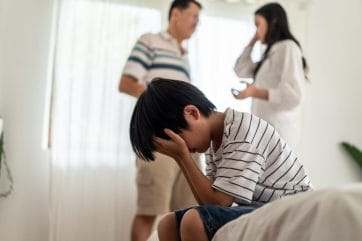
Generational trauma is the transference of traumas from one generation of a family to the next. Childhood experiences significantly impact one’s adult life as adverse childhood experiences can, via trauma, pass from grandparent to parent to child to grandchildren and so on. Abuse and trauma are cyclical, and only through understanding these cycles can they break. For example, suppose someone was a child with neglectful parents and does not have the opportunity to properly process the trauma associated with being raised poorly. In that case, they may go on to raise their children similarly since that type of parenting is all they know. In this way, allowing people, particularly women who have been thought of as caretakers throughout history, to make their own decisions on whether they want to raise children is a quick and straightforward way to halt generational trauma before it even begins. Suppose people are not pressured to have children when they don’t genuinely want to. In that case, they will not inadvertently harm their children by raising them while not fully committed to the role of a caretaker. That cycle of generational trauma will not start or perpetuate. This is not to say that the only way to stop generational trauma is not to have children. Survivors of generational trauma are more than capable of raising children successfully through a proper understanding of the issues with their family dynamics growing up and proper processing of their childhood traumas. But if a person is fortunate enough not to have experienced adverse childhood experiences and is pressured by family, society, partners, etc., to have a child, the cycle of generational trauma may start with that child. People who don’t want children are not guaranteed to be poor parents, of course, but anyone who must do something they don’t entirely want to do is naturally not going to give it 100%.
What if Someone Feels Empowered by Being a Mother?

Mothering is by no means an inherently misogynistic concept. Mothering itself is not a source of female oppression. Rather, it is the patriarchal presumption of motherhood that is female oppression. There is a lot of beauty and empowerment in being a mother. Mothering is no easy feat! It requires an immense amount of strength, both physically and emotionally, to nurture a child. Many women feel a remarkable sense of empowerment from their role as mothers. The ability to raise a human being and help create and form their world is a gorgeous thing. And though the expectations surrounding motherhood impact all women, whether they decide to be mothers or not, modern motherhood has made great strides. Working mothers are more normalized than they used to be, acknowledging that women can have careers and children and that they are not mutually exclusive. It can be doubly empowering for a woman to be able to excel in both their workplace and as a mother. The same goes for single mothers, who raise children all on their own, showing that a man, or a partner in general, is not entirely necessary for a child to be happy. And there are parent duos made up of two mothers or two fathers. All this to say, no matter the circumstance, autonomy in a woman’s decision to be a mother, whether that involves not being a mother, being a single mother, being a working mother, and so on, must be reinforced throughout society. The women’s movement still has a long way to go, and this is just one of many areas in which harmful expectations still exist.
No matter your level of desire to become a parent, and no matter what form that parenting desire may take, it is perfectly normal to not be sure one way or another. Only through reflection and exploration can you truly gain a deeper understanding of what you may want. Though it is normalized, and sometimes pressured, to have children and build a more “traditional” family, any path you take is valid. Different paths work for different people. If you found this article helpful or if you are looking to gain clarity and explore your relationship with parenting, call us at 267-495-4951 to collaborate with therapists that specialize in individual therapy.
Meet The Author:

Keeghan McLane
Clinical Mental Health Counselor Intern
Keeghan McLane, a Clinical Mental Health Counselor Intern, is dedicated to normalizing therapy and reducing mental health stigma. Based in Philadelphia, they focus on serving a diverse client base, with a special interest in the LGBTQIA+ community. Keeghan employs Cognitive Behavioral Therapy and values building a strong, trusting counselor-client relationship. They hold a bachelor's degree in psychology from Temple University, graduating cum laude, and are currently pursuing a master's in clinical mental health counseling at Villanova University. Keeghan's future goals include becoming a Licensed Professional Counselor in Pennsylvania and a certified sex therapist, supported by their background in Gender, Sexuality, and Women's Studies.
Learn more about Keeghan McLane ⇒


